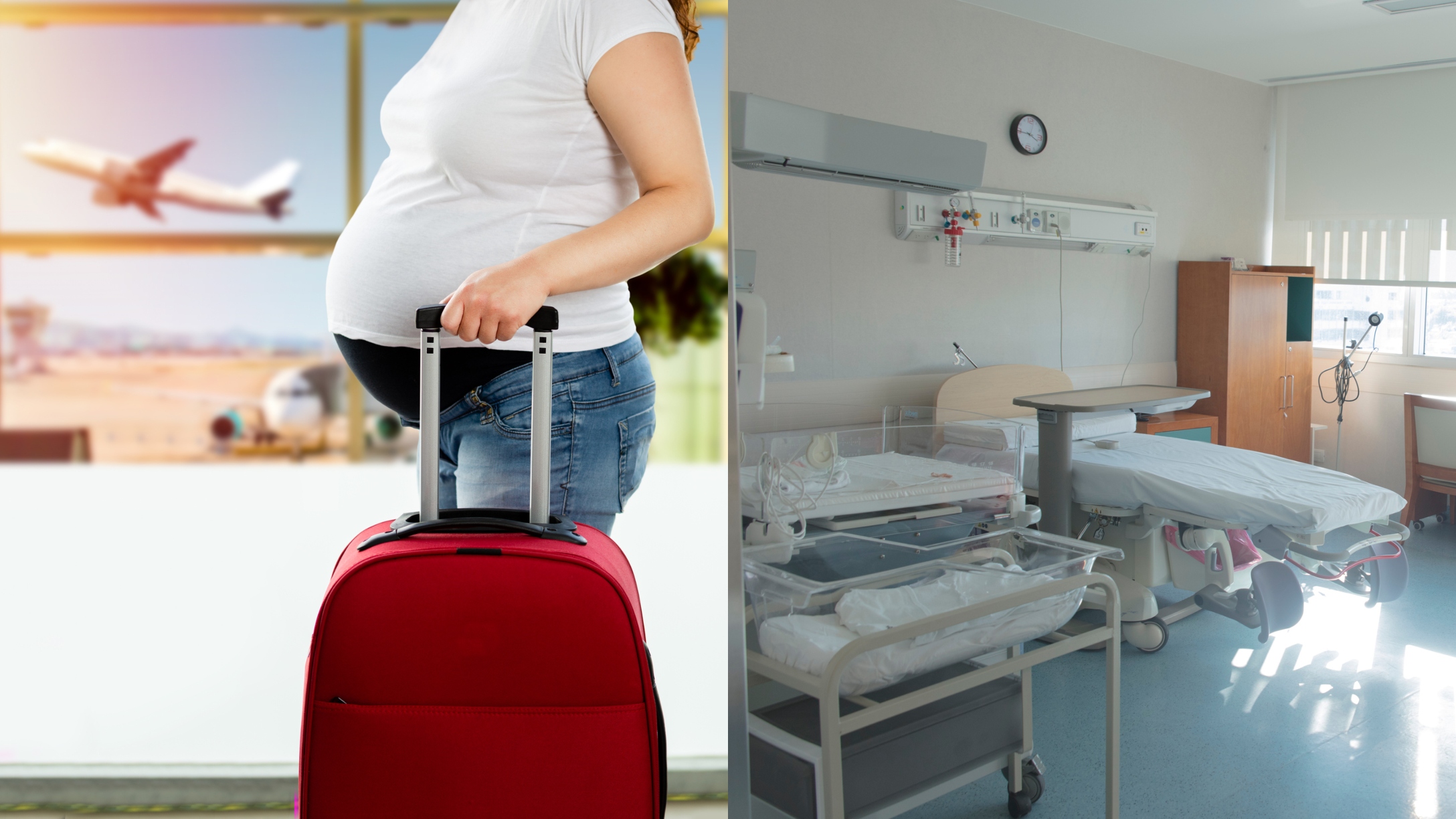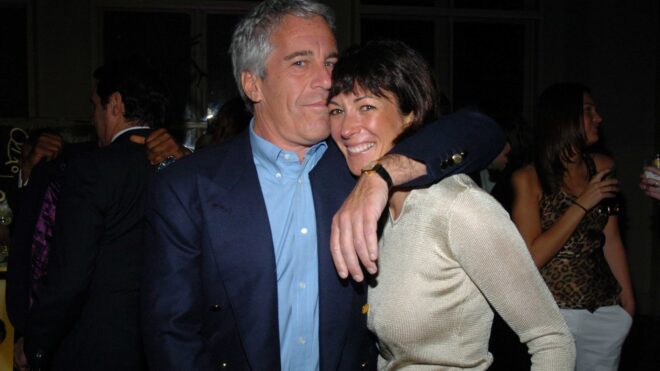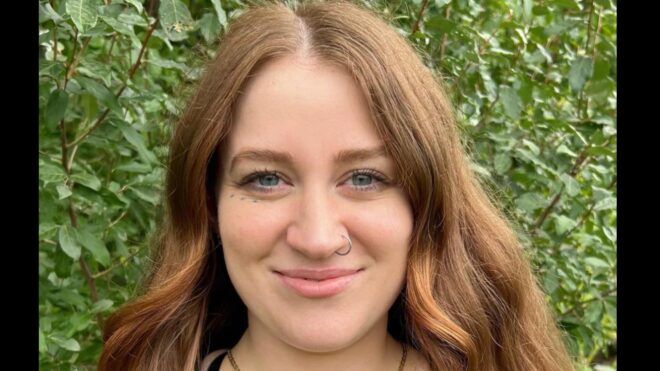
The United States is known as the home of the free and the brave. People born in this country are US citizens at birth, which may allow them to have a slew of freedoms they may not have had if they were born elsewhere. It is a dream for many people, and some women are making that dream a reality for their children by traveling to the US during their pregnancies and giving birth on American soil, ensuring citizenship for their kids.
These extended maternal stays are part of the birth tourism industry that reportedly boomed during President Barack Obama's administration, in which women travel from China to the US to give birth. A new documentary, titled How to Have an American Baby, looks at the trend and how Chinese women of means are cashing in on a new American dream.
More from CafeMom: 'Born Free' Is the Documentary Every Woman of Child-Bearing Age in the US Needs To See Now
The filmmaker learned about birth tourism more than a decade ago.
According to the Guardian, Leslie Tai, a Chinese-American documentary filmmaker, was living in San Francisco when she spoke to a friend in Beijing who was planning a long trip to Los Angeles. The friend reportedly didn’t tell Tai much about where she was going or why, but Tai saw her friend’s growing belly during a video call. The wealthy woman told Tai she was going to LA to have an "American baby.”
Tai apparently became curious.
The filmmaker learned that her friend was not alone. Droves of wealthy Chinese women were traveling to the US, often to the same area in Los Angeles, to have American babies.
According to the documentary, the women paid anywhere from $30,000 to $100,000 to fly across the world and to live for three months in a facility that would care for them in the days leading up to the births of their babies and then afterward. This helped women avoid the Chinese government’s one-child policy that was in effect until 2015 and ensure their children would be US citizens, the Guardian reported.
The filmmaker wanted to learn more.
Tai became ingrained in the group home and learned as much as possible about the expectant mothers and their stories for her movie, per the Guardian. She told the news outlet she was “obsessed” with learning more, but it took time to build trust.
“It’s just nondescript suburban tract housing, with palm trees everywhere, but then behind closed doors there’s this whole world with multiple families living in close quarters and all in this crazy intense situation of waiting to have a baby,” she said.
It took time, but she soon built relationships with the moms.
She explained that although it isn’t illegal to come to the US to have a baby, not everyone wants to talk about it.
“I made myself of service because actually, when they saw me, they were like, ‘Oh my God, you speak English. Can you help me call PG&E?’” she explained.
She said she helped the women, many of whom came to avoid the former one-child policy, to understand what America is really about.
“There’s a lot of misinformation that the customers are receiving,” Tai told the Guardian. “They think that there’s universal healthcare. They think that there’s universal education. It’s sold as a really good investment, but they’ve been lied to.”
Babies born in the US have the right to declare their American citizenship at age 18 and apply for green cards for their families when they turn 21. “There was a sentiment of: who knows what the world is going to look like in 18 years? If China goes to h—, what if America goes to h—, whatever, they have two passports,” she explained.
More from CafeMom: Woman Gives Birth Aboard American Airlines Flight & Place of Birth Listed as 'in the Air'
Tai said some women didn’t quite realize what they were entering into.
She told the Guardian that the women expected luxury but ended up lonely.
“A lot of these women had no idea what they got into,” Tai said. “It’s almost like they were sold on the pretty pictures of this vacation and then when they come here, they realize: ‘My family’s not here, and I’m having a baby. Oh, my God, I’m sequestered with a bunch of pregnant women. Plus there’s all the drama living in the suburbs. It’s like Real Housewives from h—.”
The film took a decade to make, and the industry has slowed considerably since the Trump administration and COVID-19 travel restrictions.
Tai told the Guardian she was more interested in giving viewers a glimpse into the lives of the mothers and less into politics.
“I want to fight for the moving image that allows you to really sink into the humanity of the people, regardless, and even in spite of, how controversial the situation is,” she explained.




